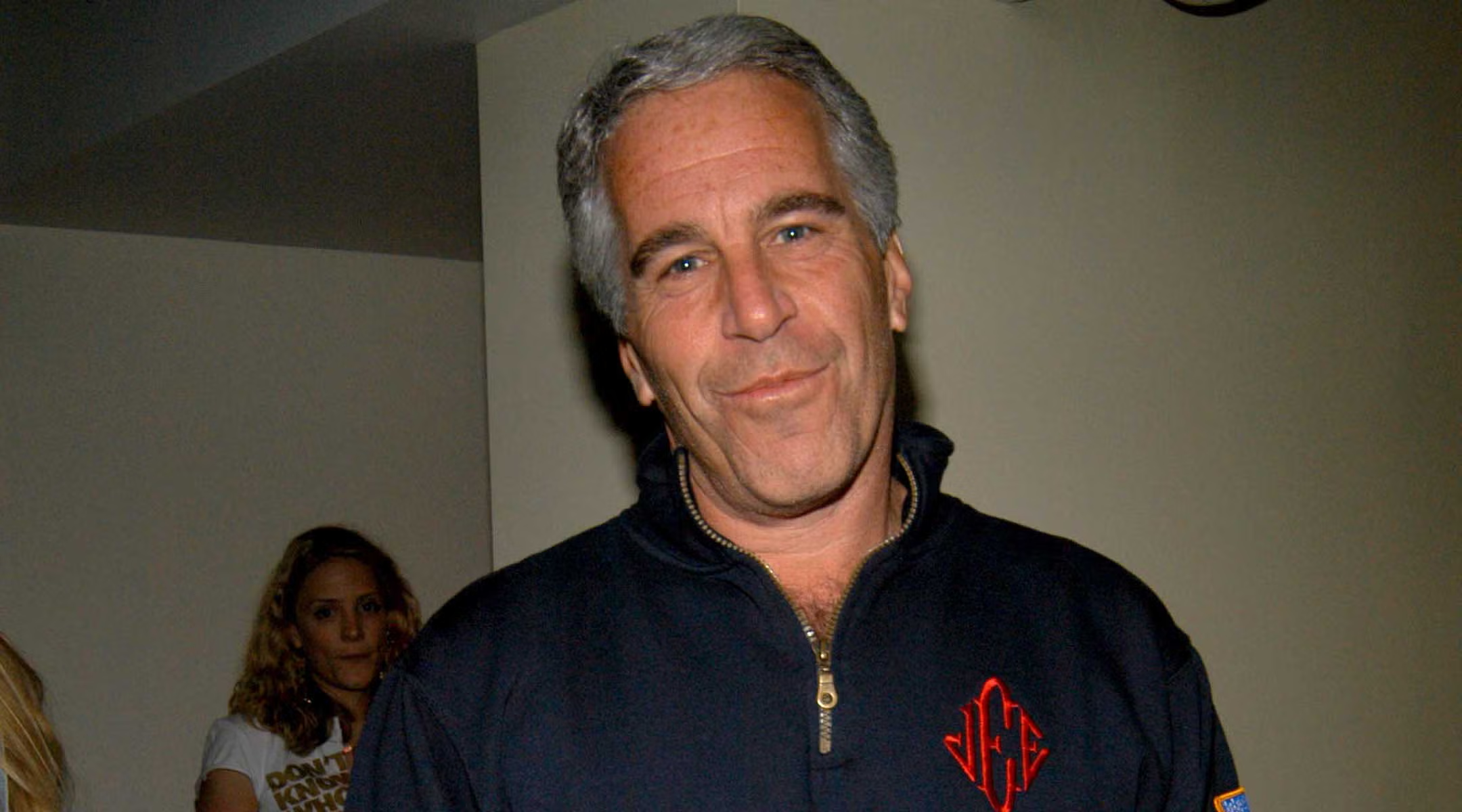
Sorry to have left my fraternity of HuffPost Refugees alone for so long. Lots has been happening. If some of you didn’t know, I’m a performance/solo artist here in NYC. And I’ve been invited to perform my new play, PLANET HOSPICE: A LIGHTHEARTED THEATRICAL ROMP THROUGH HUMAN EXTINCTION in NY as part of the United Solo Festival of one-person shows. Mine goes up on November 6, a few days before the polls open (because the election isn’t depressing enough). I’m posting about it not (just) because I want people to come see it (details are here), but because the enviro and climate movements have been really reluctant about looking into the abyss. I want people to see my play; but I also want people to start talking about how we face the next ten years if it’s our last ten years.
Let me explain. The rhetoric from mainstream climate groups (and many scientists) over the past few years has sounded something like this: ‘if we don’t seriously reduce our carbon dioxide levels, our grandchildren will be in big trouble by 2100’. With that deadline 84 years away, the tendency is to become complacent. But nearly all such assertions about a 2100 deadline are based on carbon dioxide concentrations alone. A couple years back, I had started studying the other issues—methane release in the Arctic, and the meltdown of the polar ice caps. While I had started my research with Dr. Guy McPherson (who gave me access to his work after I interviewed him on radio), I had also followed the work of other scientists including Paul Beckwith, Natalia Shakhova and Kevin Anderson of the Tyndall Research Centre. And I began corresponding with scientists who were talking about extinction, and in the near term. A recent post from the researchers at the Arctic Methane Emergency Group posits a likely surface temperature increase of as much as 10 degrees C over baseline in world average by 2026. That’s some eight degrees past the numbers that the Paris COP21conference was shooting for, and (according to some botanists) is well past the point where food plants and most vegetables would stop germinating. The doom part for humans isn’t necessarily the higher temperatures expected with warming; it’s the fact that the environment won’t be able to provide us with food or oxygen (the latter caused in part by the fact that trees will not be able to survive the predicted higher temperatures, a die-off effect we’re starting to see).
That’s a really tough message to sell. It’s clearly not a popular topic with the mainstream climate change protest groups. It wasn’t a message wanted at the People’s Climate March in 2014—a friend of mine marched while carrying a sign that said ASK ME ABOUT NEAR TERM HUMAN EXTINCTION and was made to feel, well, alone. But writers and activists are finally tackling it after scientists announced that we have permanently passed the Carbon Dioxide Rubicon of 400 parts per million this summer. This year also saw Arctic Ice density tied for second-worst in history. The changes are coming very quickly, and denialism is no longer believable. It is also not believable that we can stop warming with half-hearted measures—we need a re-thinking of whether we’re even able to make the kinds of slam-on-the –brakes sacrifices needed to avoid catastrophe.
PLANET HOSPICE is presented as a sort of college lecture/commedia piece given by a pseudonymous Doctor James Light, an evolutionary biologist whose research indicates we’re at the beginning of a mass extinction whose like has not seen in millions of years. Light has been cashiered from his university teaching job because he was upsetting his students (no trigger warnings, I guess). He has sneaked over to the university Drama department and fitted himself out in a costume that’s part clown and part Grim Reaper—think Pantalone meets Seventh Seal. And it is with humor that he tries to tell a very sad story. He plays with puppets, he makes balloon animals. And he plays music as he blows bubbles. But all of this can’t really distract from his thesis that humans are not long for this world. And he tries to address the audience in a folksy manner, even as it becomes clear that his heart is breaking over the news he has to impart. His best option for his fellow clever apes (that would be us) is that we start to live as if we are in hospice—that while we don’t know when the moment will come, we should try to spend our time in caring relationships with our fellow creatures and the world at large.
I have been in the play-writing biz for some 25 years now. I have no idea why this piece has been picked up for production (TWICE). It sure ain’t optimistic except insofar as to say there’s a way to make this coming event less painful.. But having taken the play to the Ithaca Fringe Festival and now to Theater Row, I’m looking for dialogue. As I said at the top, the global movement against warming and its causes (primarily the use of fossil fuel) have not been open to the idea of discussing the idea that we’ve passed the tipping point. There’s real concern that activists will throw in the towel if such news is accepted, and then we’ll be really doomed. But to me, the question of whether we’re past the tipping point is vital. And I think it’s dishonest for activists who suspect that we are in the last stages of the human experiment to not look at the question.
In the meantime, if you’re in NY in November and you can get to Theater Row…





Leave a Comment